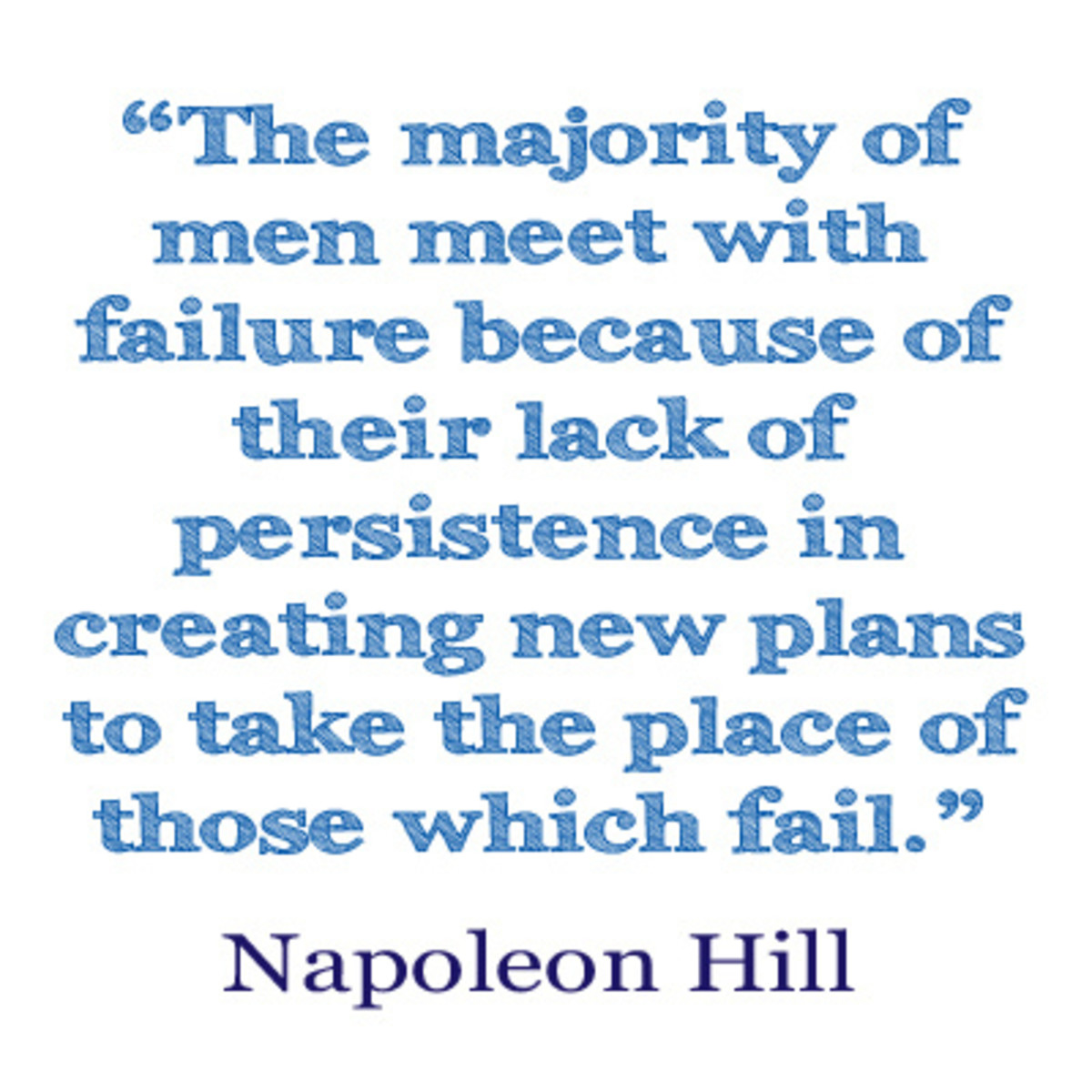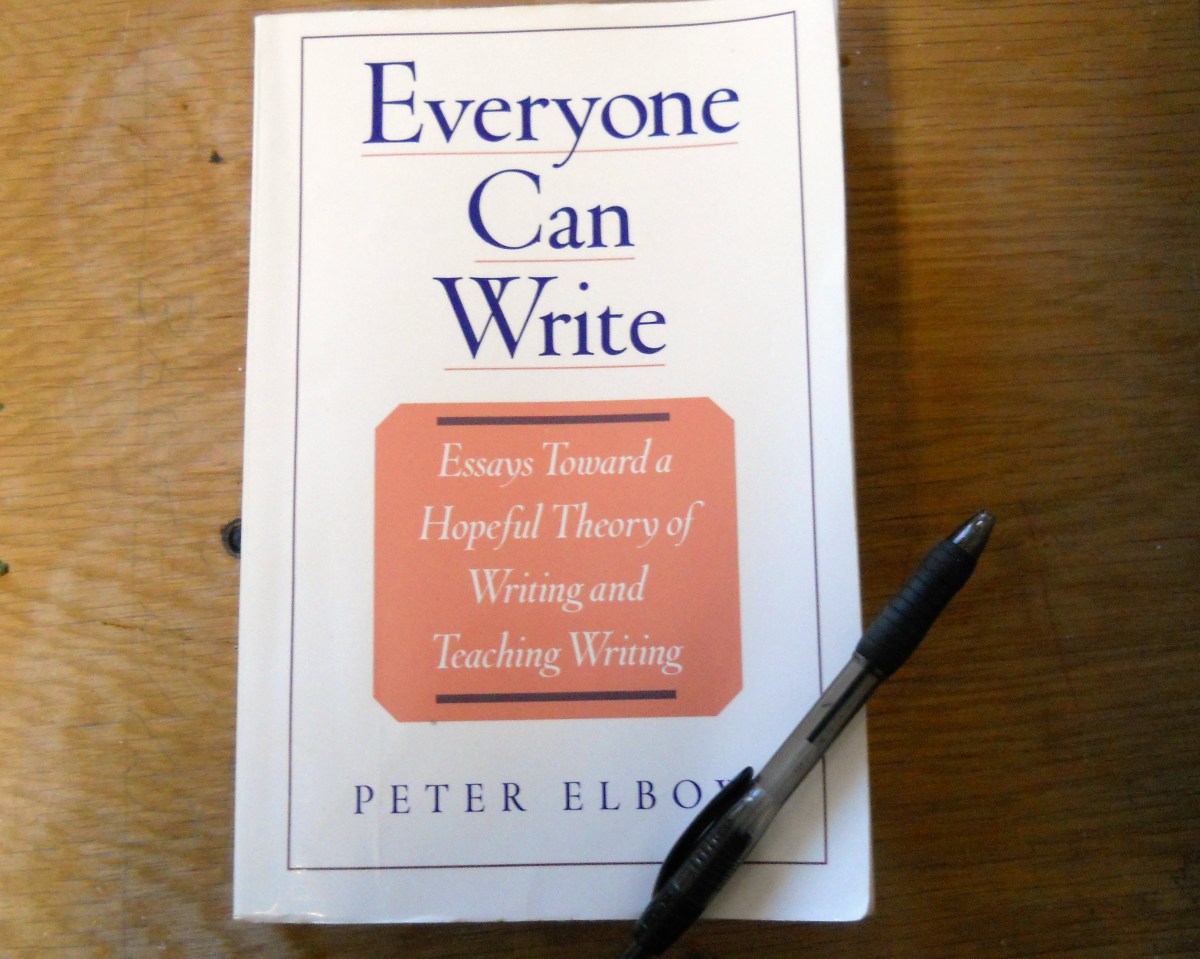Book Review and Discussion: The Secret of the Secret by Karen Kelly
Critique of bestseller The Secret by Rhonda Byrne
Karen Kelly has written an intriguing analysis of the success of the runaway best seller entitled The Secret by Rhonda Byrne, which has been among the 100 top sellers on Amazon for about three years. In her book, Kelly discusses at great length the history of this approach to life, along with the credibility of it, and then examines the lives of the great people who Byrne states in her book were believers in the “law of attraction,” otherwise known as "the Secret".
The author first traces the recent history of the attraction principle and suggests that Byrne’s book is an easy-to-grasp compilation of currently available material on the law of attraction. Having a background in filmmaking, Byrne first gathered well-known teachers on the subject and made a DVD. The book came later.
Before finding the Secret, Byrne tells in her book how she had entered a very down period in her life which included crises in personal finances and relationships. The Secret came into her life at just the right time. She maintains that it gave her the opportunity to reinvent herself.
Kelly has done a considerable amount of impressive research for this book in order to present a reliable case as to the validity of it. I enjoyed this book a lot more than The Secret. The Secret of the Secret is meatier and much more insightful.
The author has traced the history of the self-help movement all the way back to Benjamin Franklin and refers to him as “the founding father of America’s self-help movement.” She sets forth thirteen virtues that Franklin described in his autobiography that, once mastered, would earn a person the joy he or she desired. The virtues are: Temperance, silence, order, resolution, frugality, industry, sincerity, justice, moderation, cleanliness, tranquility, chastity, and humility. She suggests Franklin may have used the law of attraction by focusing on these virtues and moving toward them. There’s no doubt this contributed to his success.
She continues by saying that Franklin also practiced the habit of writing affirmations which Byrne also advises doing in her book. Kelly defines an affirmation as “a statement worded to reprogram the mind with a very specific and positive thought…” She says that law of attraction proponents cite writing down what you want as though it already exists and then reading it every day is a necessary step to receiving it.
A few chapters later, Kelly discusses the fact that Byrne leaves out the necessity of action in her book. No matter how often you read your affirmation statement, if you don’t take the necessary steps to achieving your goal, it just isn’t going to happen.
She also quotes other secret believers who contributed to The Secret who point out the things Byrne has left out of the book. For example, there are the psychological components. She quotes Arielle Ford who said, “…Most people find that (believing) difficult because they believe they are unworthy, and are filled with dread and shame. They may say, ‘I want to be rich,' but they have a loser mentality, and nowhere in The Secret is there information about how to embrace your loser-ness.”
In all fairness, however, Byrne could not have realistically included everything in such a small volume. Apparently she wanted it to be an introduction to the law of attraction, and an enticement to seek out more information.
Chapter five of Kelly’s book examines the so-called “science” behind the Secret. Byrne says in The Secret that quantum physics “tells us that the entire universe emerged from thought.” But Kelly consulted Fred Alan Wolf, a physicist who was featured in the DVD. He told Kelly that most of what he said to Byrne was either distorted or left out. He also told her that he never specifically said that the law of attraction was based on physics.
The main assertion of the law of attraction is that thoughts attract similar thoughts. However, science has established that “like” electrical charges actually repel each other and “unlike” charges attract each other as in the case with magnets. But Byrne compares the law of attraction to magnets in her book saying “like attracts like.”
In chapter six, Kelly discusses The Secret’s connection to religion. Byrnes book attests that major religions of the world affirm the principles of attraction theory. But Kelly charges that the teachings of the major religions of the world do not support the contention that happiness in found in material things or in fame. The more emphasized aspects of religion are overlooked, such as sacrifice and charity. It is worth noting, though, that Byrnes book does mention the importance of giving and forgiveness, but the discussion is not given a lot of space.
One of the people Kelly interviewed regarding the relationship of the law of attraction to religious teachings was a Southern Baptist minister who explained that “ask, believe, receive” verses in the Bible are not for personal indulgence, but instead require aligning ourselves with the things Christ would want to see happen in the world. Asking things such as ‘God help me to have the strength to help my neighbor the way I should,' or 'Please give me the patience I need to be a good nursemaid to my husband who has Alzheimer’s disease' are more in line with the spirit of the Bible verses about receiving.
In the last few chapters of the book, Kelly investigates the lives of nine men who Byrne mentions in her book as having practiced the law of attraction. She declares that Byrne seems to imply that every high-achieving, successful person must have been practicing the law of attraction whether they knew it or not. Kelly then goes on to say that this begs the question of whether anyone who gains fame or fortune is by definition using the law of attraction no matter what they believe.
First, she discusses three creative men: Ludwig Van Beethoven, William Shakespeare, and Ralph Waldo Emerson. After researching the most widely acclaimed biographies of these men, she found no specific evidence that they practiced anything that would correlate to the law of attraction. Shakespeare’s tragedies, for example, seem to suggest the hand of fortune in life. Some of his characters wonder why good people suffer.
The next group of men Kelly examines consists of Thomas Edison, Winston Churchill and Albert Einstein. Once again, her research led her to the conclusion that it was doubtful that these three believed that thoughts produced reality. Edison has been quoted as saying his success came from working longer and harder than anyone else. The quote from Churchill for which he is attributed to having believed in the law of attraction, “You create your own universe as you go along,” was found to have been taken entirely out of context. Reading the rest of the paragraph from which the quote was taken reveals that Churchill was actually describing people with which he did not agree. Einstein has been quoted as saying that we are all at the mercy of universal laws and that free will is an illusion. This clearly suggests a personal philosophy that contradicts the idea of attracting things we want.
In the last pages of the book, Kelly concludes that The Secret will not work for everyone and that getting “something for nothing,” otherwise known as the law of attraction, is not ultimately satisfying. Many great people have stated that nothing pays off in satisfaction like hard work. The Secret doesn’t have much to say about hard work.
I find that Kelly’s book is a very thorough, balanced, and fair analysis of Byrne’s book The Secret. She neither denigrates it, nor gives it wholesale approval. If you want to look at an in-depth scrutiny of The Secret’s law of attraction, you will thoroughly enjoy this book.








